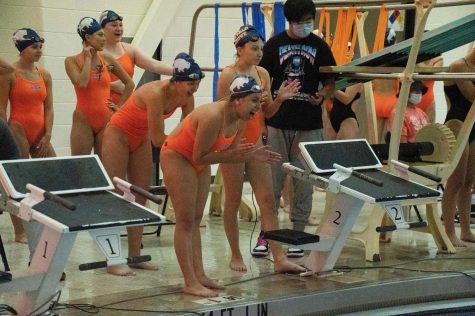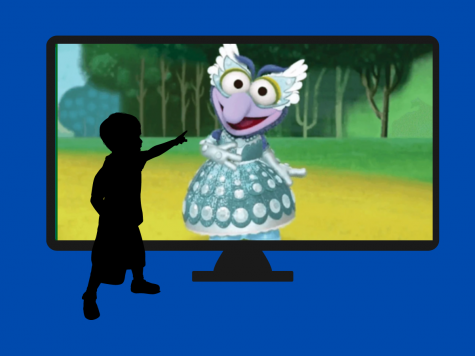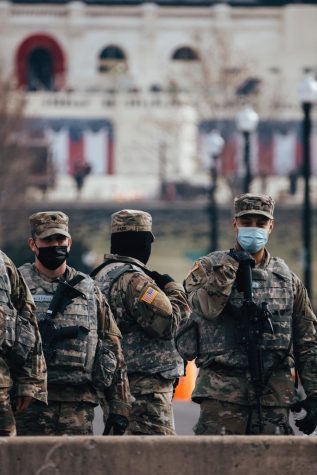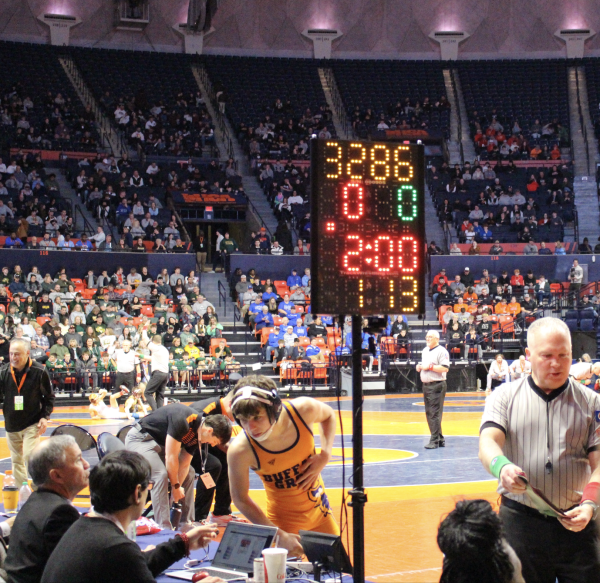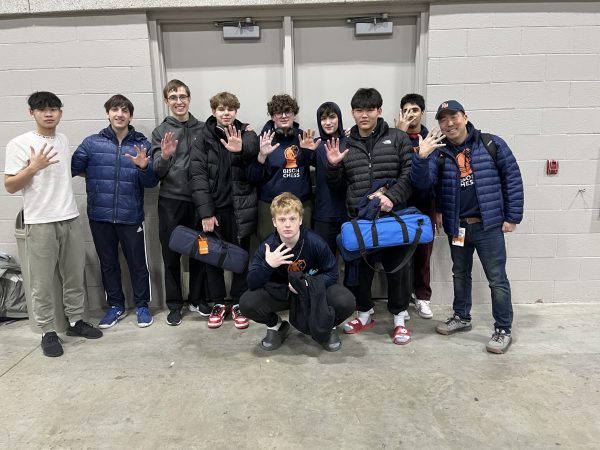Differing opinions on the implications of age in friendships
Should friendships have age barriers?
High school friendships should not have age barriers
Nicole Bankowski
There can often be a barrier between the underclassmen and the upperclassmen. For a while, I helped fuel this stereotype as there is said to be a giant gap between the maturity level of a freshman and that of a senior. However, as time passed, I came to a realization I wish I would have come upon much earlier: age is not synonymous with maturity.
As a senior in high school, I have been involved with my fair share of clubs and activities that include students of all ages. I began to push the boundaries of my comfort zone when I joined the Expressions my junior year and started befriending a few underclassman, and I am happy to say it is one of the best decisions I have ever made.
I do not disagree that upperclassman should mentor the younger individuals. This is an important part of the younger individuals’ growth within their specified extracurricular activities. However, I also believe that there is room for friendship to flourish within this same atmosphere.
Using my own experiences, it is completely possible for an upperclassman and an underclassman to be friends. The maturity level of a freshman may be equivalent, if not higher, than that of a senior. The number of years an individual has been on this planet does not necessarily define his or her life experiences or actions, so why should a criteria for friendship be an individual’s age?
People should choose their friends based on personality and overall connection with the individual in question. We should give individuals of all ages a chance because, in the end, his or her personality is truly what matters.
I have younger friends. Actually, some of my closest friends are freshmen and sophomores. Why is this a strange concept to grasp? I get along with these individuals and enjoy being around them. If they make me happy, does their age really matter?
In the end, it’s simply about putting yourself out there. If you’re willing to put in the effort to be friends with an individual from the “other half,” then it is possible to actually be friends with him or her. But, this will only happen with the right mindset.
It’s time for society to stop making age a bigger deal than it actually is. We put major emphasis on an element that we can’t control. It is true, when the older –friend graduates it may be harder to communicate with him or her, but if both individuals are willing to make a friendship last, this should not hinder its creation. After all, age is but a number, and if you’re willing to look past it, you never know who can walk into your life.
VS.
Upperclassmen must mentor underclassmen first
Erik Hernandez
I am on both the newspaper and Speech and Debate Team, and if there is one experience that I enjoy most, it is mentoring people younger than me. However, the problem with being an upperclassman is that one needs to be a leader and exemplify how the ideal participant acts.
Knowing that, I usually try to keep my interactions with underclassmen strictly business. Keeping a peer–mentor mentality is what every relationship between an upperclassman and underclassman should be within an activity or sport. often.
Team coaches or leaders pick favorites commonly, or at least it seems that way. If an upperclassman immediately becomes friends with a certain underclassman, other teammates will cast suspicious glances. There are certain boundaries when it comes to interscholastic relationships, and age, unfortunately, has to be one of them. It is important that every friendship on a team be natural, and upperclassmen must make sure they aren’t prioritizing their friend.
Before a friendship, upperclassmen must think about the future and try to train any freshman or sophomore in their specific activity. An upperclassman’s main responsibility, therefore, is to create a foundation that manufactures building blocks for a successful program long after he or she has gone.
I do not in any way condemn upperclassmen for becoming good friends with some underclassmen, but it is not something I advertise.
I believe that before becoming close friends, it’s the job of the upperclassmen to inspire and teach all underclassmen.
The legacy one leaves behind in an activity or sport is what really matters, not how many friends he or she made. The accomplishments, glories and trophies are all what will stay with the school, not a mere two year friendship. Freshmen and sophomores want to become great in a certain area. Whether that be basketball, choir or Science Olympiad, it is the mandated duty of upperclassmen to show them the path to success.
I remember that, when I was a freshman, I had a “work first” relationship with all upperclassmen in both the newspaper and debate. I couldn’t have asked for anything better. Hopefully, I continue this legacy in a positive manner to this day and do not hesitate to, in turn, help those younger than me.
It’s not a matter of being a “mean” person; work should come first. Preach to younger students what it takes to become great, and the resulting impact on the team would be enormous. Not only can a closer bond emerge in teams, but a stronger, more valiant team will rise from the ashes.
I would not be the person I am today if it weren’t for the mentors I had as a freshman and sophomore. To those people I say “thank you,” and to those younger than me I ask: “Hi my name is Erik, how may I help you?”


